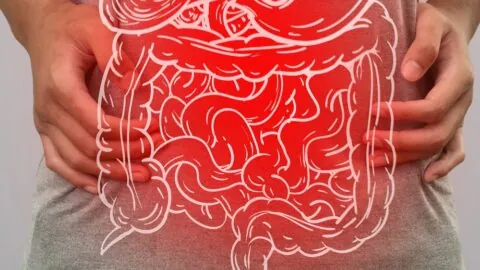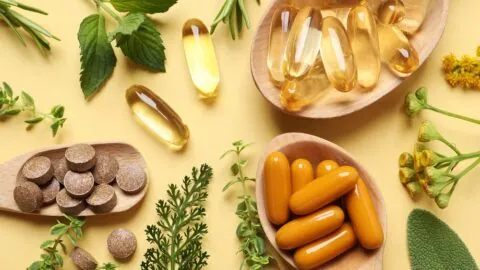January 14, 2025
In a preprint study, scientists from Lifespan Research Institute and the Buck Institute for Research on Aging have published their findings that Urolithin A, a molecule that has garnered a lot of attention in the longevity field, potently reduces senescence-related markers in human fibroblasts [1]. Senolytic versus senomorphic Cellular senescence is a well-documented aspect of...
December 02, 2024
Reseachers publishing in Antioxidants have combined three antioxidant and anti-inflammatory compounds and tested their effects in human beings. Three complementing choices The first component the researchers included was AM3, a compound that is core to the Inmunoferon supplement and is an immunomodulator that has been found in trials to aid against infections [1]. Some prior...
October 30, 2024
A recent preprint study suggests that a NOVOS supplement can improve healthspan and extend lifespan in male mice [1]. Multiple ingredients, one goal This preprint's authors start by discussing dietary supplements' beneficial effects on lifespan and markers of healthspan in multiple organisms and their possible additive and synergistic effects that result from targeting multiple aging...
October 09, 2024
Treating middle-aged people for six months with a supplement combination that included astragalus, a plant used in traditional Chinese medicine, positively impacted their telomeres [1]. Preventing the shortening Telomeres are like shoelace aglets, forming protective caps at the ends of DNA strands. They are made of a specific repetitive sequence of nucleotides. They prevent chromosome...
September 11, 2024
Researchers have tested several combinations of ingredients with anti-aging properties. Those combinations, including a 12-ingredient formulation created by NOVOS, helped to reduce DNA damage and oxidative stress in human skin cells in cultures [1]. Fighting multiple Hallmarks of Aging at once Aging impacts multiple cellular processes, and these impacts can be assessed through biomarkers. The...
December 13, 2023
A recent publication in Aging and Disease describes human and animal research demonstrating improvement in the function and biomarkers of muscle tissue after Ishige okamurae extract supplementation [1]. The benefits of seaweed Clinical trials of seaweed consumption have reported beneficial health effects and protection against senescence-associated and metabolic diseases, such as cardiovascular disease, cancer, obesity,...








